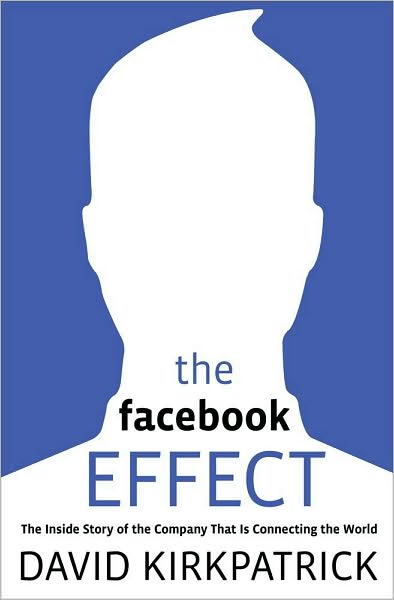Think back to 1994 and how you made purchases. You went to a store, right? Or you called someone on the phone and read numbers out of a catalog. Or maybe an Avon lady came to your house. Or you went to a Tupperware party. Or perhaps you, no, wait, that was pretty much it.
And now? Online sales, which didn’t even exist in 1994, continue to grow by double digits. Heck, last year (2011) holiday spending alone was over $35 billion.
And at the start of it all there was Amazon.com. And if they weren’t actually the first, they were the first to have widespread success, and they were the ones who kept improving and perfecting the system.
But how? How did we get from zero to here? Where did that revolution come from? And how did they manage to become the $104 billion market cap gorilla in the process?
Richard Brandt, who also wrote the acclaimed The Google Guys, has crafted a brief yet informative book about Amazon.com and it’s founder. And if it sometimes loses its way a bit (notably in later chapters), it is a great primer for a company important enough to be one of the four horsemen of “GAFA” – the popular acronym for the four giants of the internet – Google, Amazon, Facebook and Apple.
One Click… relates essentially three narratives. First, there’s the brief story of Jeff Bezos – brief because Bezos has kept tight rein on his public persona, and because Brandt, unlike say Kirkpatrick in The Facebook Effect, wasn’t granted special access to him or the company.
Here we learn just how much of a nerd Bezos was. How he won science and math awards in high school. How he was wooed by the brightest companies after graduating Phi Beta Kappa from Princeton. How he rose quickly through the ranks of major banks helping them learn just how efficiently they could trade (and make money!) if their accounts were linked through their computers. How he is, as Merrill Lynch co-worker (and founder of CNET) Halsey Minor said, “One of the few hard core developers who can do other things”.
Those “other things” relate to the second narrative – what happened once Bezos realized that what he was doing with trades on the internet banks, he could do with consumer goods for the public. Which goods? Well, you know…
This second narrative is the story of the early days of commerce on the internet, when a handful of people were trying to figure out how to do personal transactions, how to keep credit card numbers safe, how to build databases by hand. It’s also where Brandt has to tread lightly around some of the mythology concerning the founding of Amazon.com. Did Bezos really not have a business plan? Did he really drive out of New York without knowing he was going to settle in Seattle? Did he really almost call the company “Cadabra”? Yes. No. Perhaps.
The final part of the story has to do with where Bezos is taking Amazon.com now that he’s revolutionized online retailing. Now that Amazon.com has grown into a company whose very size creates new opportunities not available to it – or anyone – before. Involving cloud computing, its API, the Kindle.
It all seems very logical in hindsight. Build a company that uses the internet to do all the things that booksellers do, but do them more efficiently, because the internet is more efficient. Do it first, and do it big, so others can’t catch up. And then, as you get bigger, follow the classic vertical integration strategy. Evolve from bookseller to bookstore to distributor to publisher and beyond. It’s as logical as Spock.
And that’s one of Brandt’s surprising insights. Bezos may be brilliant, but he is also just an incredibly logical guy. He’s obsessed with flow charts and decision trees. He may love books, but he chose them because they were the most efficient product for his purposes. He became a distributor because once Amazon.com reached a certain size, it didn’t make sense not to. Judged in this light, his foray into publishing is not surprising.
And while he may say he does all these things because he is obsessed with customer service, it’s an obsession powered by the belief that what customers want is a more efficient experience. Which is a logical assumption.
That doesn’t mean he’s not also brilliant. He clearly is. It just means he’s not from another planet. He’s from our planet, though perhaps just a few years in the future…
One Click: Jeff Bezos and the Rise of Amazon.com by Richard Brandt was published by Penguin Portfolio on 10/27/11 – order it from Amazon here or from Barnes & Noble here – or pick it up at your local bookseller (find one here).
Please be advised that The Agency Review is an Amazon Associate and as such earns a commission from qualifying purchases
You May Also Want to Read:


by Marc Levinson

by Nicholas Carlson

